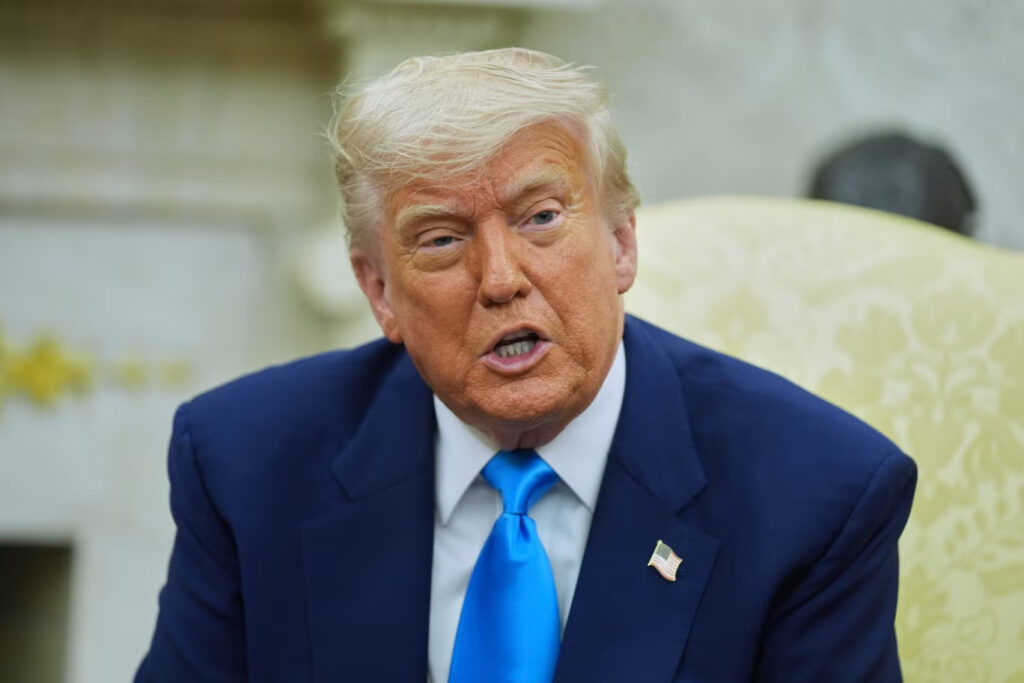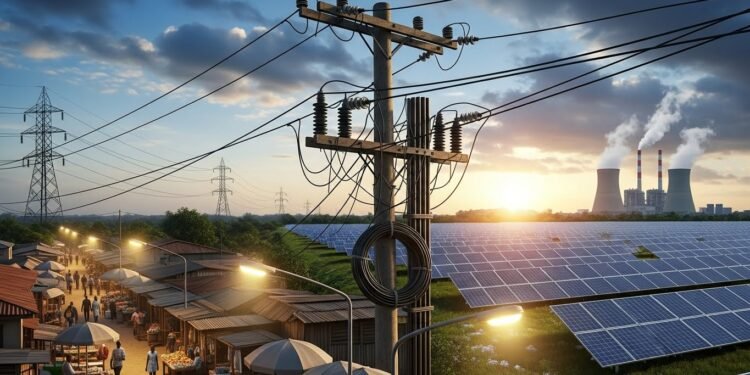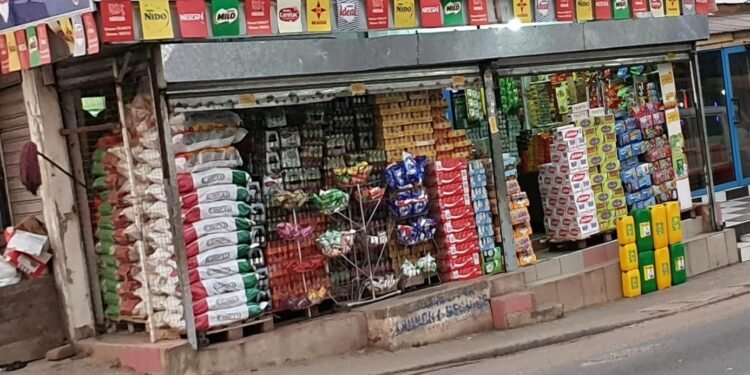West African nations are warning that U.S. plans to expand its controversial travel bans could derail critical trade and energy negotiations, just as the region looks to strengthen ties with Washington over rare earth minerals and oil partnerships.
Nigeria’s Foreign Minister Yussuf Tuggar, speaking on behalf of ECOWAS, said the proposed visa restrictions threaten to become a major obstacle in talks with the Trump administration at a time when the region is “ready to do deals.”
U.S. President Donald Trump earlier this month implemented new travel restrictions affecting foreign nationals from a dozen countries. Now, proposals are underway to broaden those restrictions to 36 additional nations, a move that would sweep in most of West Africa.
“This would be most unfortunate if it comes to pass, because we are a region of opportunities ready to do deals,” Tuggar stated, speaking to a gathering of regional ministers.
Since returning to the White House, Trump has drastically reshaped America’s foreign trade approach. Known for imposing erratic tariff threats and using unpredictable strategies, the president has made it clear he intends to extract better terms from trade partners, regardless of diplomatic strain.

In one major deal with China, Trump secured Beijing’s agreement to supply the U.S. with rare earth minerals, essential for sectors like automotive and battery production, in exchange for continued access to American universities for Chinese students. West Africa, Tuggar emphasized, also holds significant promise in this regard.
“We possess critical minerals and even rare earths,” he said, citing samarium as one example. The rare element, used in military-grade magnets and nuclear reactor control rods, is found in Nigeria’s Bauchi State.
Minerals And Energy Talks At Risk
Tuggar warned that U.S. visa restrictions pose a serious impediment to these potential partnerships. “We would like to do deals with the U.S., but visa restrictions are non-tariff barriers to deals,” he noted.
Beyond minerals, Tuggar also pointed to West Africa’s status as a growing energy hub, calling it an increasingly strategic alternative to more distant or politically unstable energy-producing nations.
“We are also a strategic alternative to more distant and politically divergent energy producers. So, we will do deals for our prosperity. The only question is with whom.”
Yussuf Tuggar
The U.S. government has defended the visa bans, citing various issues, including countries’ inability to issue reliable identity documents, governance challenges such as corruption, and high rates of visa overstays by some foreign nationals.
Despite those claims, critics argue that such blanket restrictions could unravel delicate diplomatic relationships and derail economic progress, especially in resource-rich regions eager to develop.
The travel ban debate coincides with a larger American campaign to secure access to global mineral reserves. In April 2025, the U.S. signed a landmark deal with Ukraine that created a joint investment fund, giving American companies broad access to Ukraine’s reserves of lithium, titanium, and rare earth elements. Framed as part of a reconstruction initiative, the agreement also gives the U.S. first rights to invest in new mining projects, sparking accusations of neocolonialism from detractors.
In the Democratic Republic of Congo, talks are ongoing for a similar U.S.-backed agreement. The aim is to diversify supply chains, reduce American dependence on Chinese-controlled assets, and promote economic transparency while strengthening local industries.
Altogether, these deals represent a shifting era of U.S. foreign economic policy, focused on securing vital resources to support defense, clean energy, and tech innovation. Yet they also raise questions about equitable partnerships, sovereignty, and the broader impacts on host countries.
If Trump proceeds with expanded visa bans, West African leaders say it may push the region to look elsewhere for investment, challenging U.S. hopes to remain a key player in the global competition for critical minerals.
READ ALSO: Cyber Security Authority Deepens Engagements with Key Industry Stakeholders























